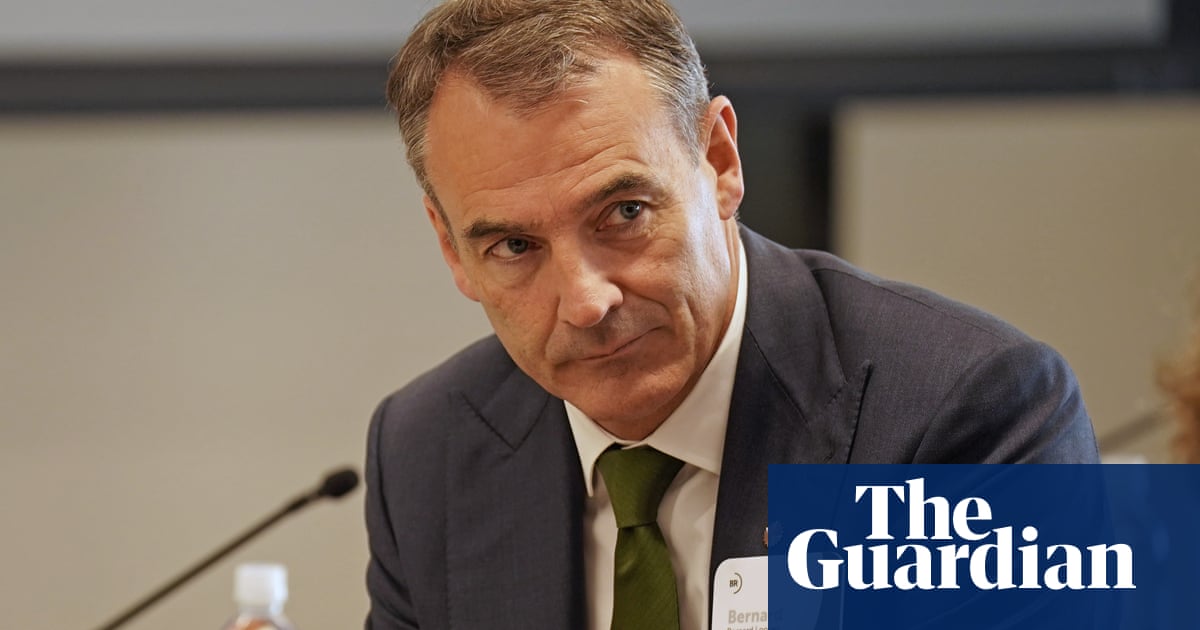
The war in Europe could not have come at a worse time. Just a few months ago, the UN climate conference in the UK forged a rare global consensus in the fight against global warming. Oil producers like the US and Saudi Arabia announced major plans for their transition to renewable energy, while rich nations agreed to contribute resources to the developing world. It was also widely understood that progress on the rest of the UN’s Sustainable Development Goals rested on effective climate action.
Now, the Russian invasion of Ukraine has turned the world upside down, undermining its strategic focus on emergent issues. And unsurprisingly so. Climate change, central to US President Joe Biden’s agenda, was hardly mentioned in his State of the Union address. The latest report of the UN’s Intergovernmental Panel on Climate Change likewise failed to attract the global attention it deserved.
The UN’s Agenda 2030 obliges member states to make incremental progress on 17 SDGs in less than a decade. Climate change tops this agenda. It cannot be compromised, despite our apparent return to the ugly geopolitics of the Cold War era.
In the 2015 Paris Agreement, the international community agreed to limit global warming to 1.5 degrees Celsius above pre-industrial times. The recent UN climate conference reaffirmed this pledge through global commitments to “phase down” the use of fossil fuels, curb carbon dioxide emissions and share resources and technologies to avert climate change.
The IPCC has consistently warned the world about the worsening dangers. Its latest report, released last week, portrays a scarier scenario: The climate breakdown is occurring quicker than anticipated and many parts of the planet will become unlivable in the next few decades if the temperature increases beyond 1.5 C. Hence, the report calls for drastic action on a huge scale to sharply reduce the emissions of carbon dioxide, methane and other greenhouse gases.
The problem, however, is that the world — including both developed and developing economies — need energy to grow or, as currently seen, recover from the devastating impacts of the COVID-19 pandemic. This energy is largely sourced from fossil fuels like coal, oil and natural gas, which are the principal sources of global warming. The resulting paradox has assumed particularly grave dimensions with the onset of perhaps the most serious conflict in Europe since the Second World War.
Europe has been a key driver of the global transition to renewable energy, influencing major fossil fuel producers and suppliers to reduce their carbon footprint. Hence, the Biden administration seeks to cut US emissions roughly in half compared with 2005 levels. Like the EU, Saudi Arabia plans to generate half of its electricity from renewables by 2030.
The Ukraine war has taken these promises to avert climate change off the global agenda. The EU gets almost 90 percent of its energy needs from external sources, including 40 percent of its natural gas from Russia. In the wake of the war, as US and EU economic sanctions undermine Russia’s ability to export oil and gas, the continent has had to instantly shift to the readily available imports of liquefied natural gas from the US and Qatar to prevent any shortfalls and expedite its long-term transition to renewable sources of energy.
In the face of galloping inflation and military expenditure, the US and Europe may now be less willing to fund climate action in Asia, Africa and South America.
Ishtiaq Ahmad
Meanwhile, as the world recovers from the economic effects of the pandemic, global oil and gas prices have soared. The war has raised crude oil prices as high as $139 a barrel at one point — the highest level for almost 14 years. The gas bills of Western consumers have also multiplied. Hence, the Biden administration has once again decided to release extra supply from the US’ strategic oil reserves. US shale producers have also started to pump more fracked gas to meet the growing European demand.
The global value of fossil fuels is likely to shoot up even further, with the OPEC and OPEC+ members likely to resist increasing production for fear of compromising their post-pandemic economic recovery.
Seen against this backdrop, the world is effectively going back to business as usual. The current geopolitical status undermines urgent climate action by renewing the global reliance on fossil fuels. In the face of galloping inflation and military expenditure, the US and Europe may now be less willing to fund climate action in Asia, Africa and South America. Rich nations reaffirmed their pledge to provide $100 billion annually at last year’s COP26 summit in Glasgow, but Germany alone has now committed €100 billion ($109 billion) to rearmament.
The present crisis also amplifies the need to accelerate the global transition to renewable sources of energy. This transition will be difficult, but not impossible, especially if the world opts for a range of pragmatic alternatives to traditional renewables, such as solar and wind power. Nuclear energy production is one option. It emits no greenhouse gases and there are ways to overcome the persisting concerns about accidents at nuclear reactors and the safe disposal of nuclear waste. Another credible alternative, proposed by Saudi Arabia and endorsed by the G20, is the circular carbon economy, which advocates the reduction, recycling, reuse and removal of carbon dioxide across industrial processes. Green hydrogen is yet another renewable that is worth developing, as the Kingdom is doing in partnership with Japan and Germany.
The UN is the only global forum that can spearhead the transition to renewable energy, ensuring that fossil fuels continue to develop the economies of both developing and developed countries while minimizing global warming. Meanwhile, creative options such as the circular carbon economy and green hydrogen can help reduce the world’s reliance on coal, oil and natural gas.
Despite its eroding role in conflict resolution — as is far too apparent in the current war — the UN has done an amazing job in forging the necessary international cooperation for preventing climate change and solving other core global issues. These issues are well covered in the SDGs and they must be resolved by 2030. This is a planetary fight worth fighting by rich and poor nations alike, as climate change makes no such distinction.
Ishtiaq Ahmad is a former journalist who has been vice chancellor of Sargodha University in Pakistan and Quaid-e-Azam Fellow at the University of Oxford.
Disclaimer: Views expressed by writers in this section are their own and do not necessarily reflect Arab News" point of view












